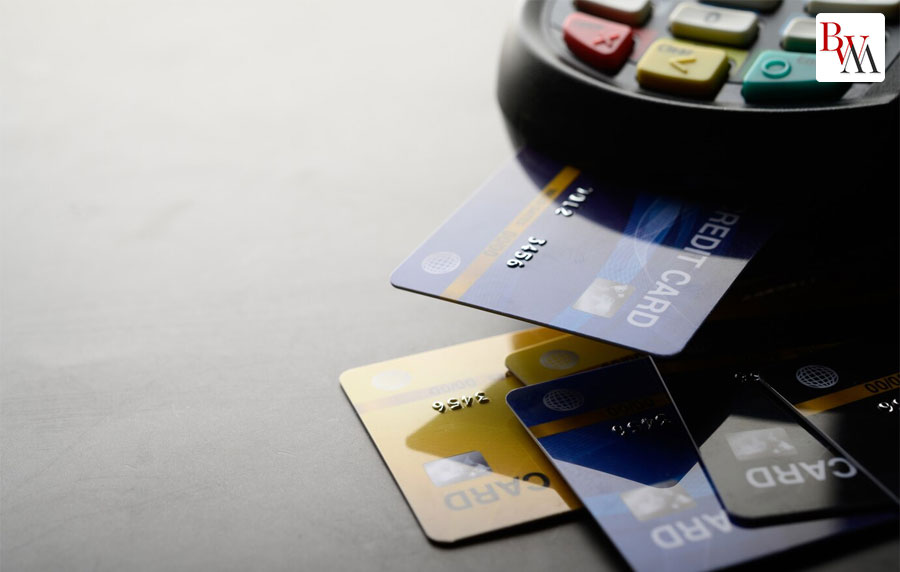Which is not a positive reason for using a credit card to finance purchases? When it comes to contemporary spending, credit cards emerge as indispensable instruments, providing both convenience and financial safeguarding. Yet, within this financial landscape, certain adversarial facets demand consideration.
The utilization of a credit card entails entering into a financial pact with an institution, necessitating repayment within a stipulated billing cycle.
Which is not a positive reason for using a credit card to finance purchases?

The conferred credit limit hinges upon one’s credit history, an element that may precipitate impulsive financial decision-making. While judicious use of credit cards can yield advantages, imprudent utilization may yield deleterious consequences.
This discourse will scrutinize the rationale behind the potential drawbacks of relying on credit cards for financing acquisitions. By dissecting these elements, a comprehensive understanding of the merits and demerits of employing credit cards in personal finance can be gleaned.
The Aggregation of Debilitating High-Interest Debt
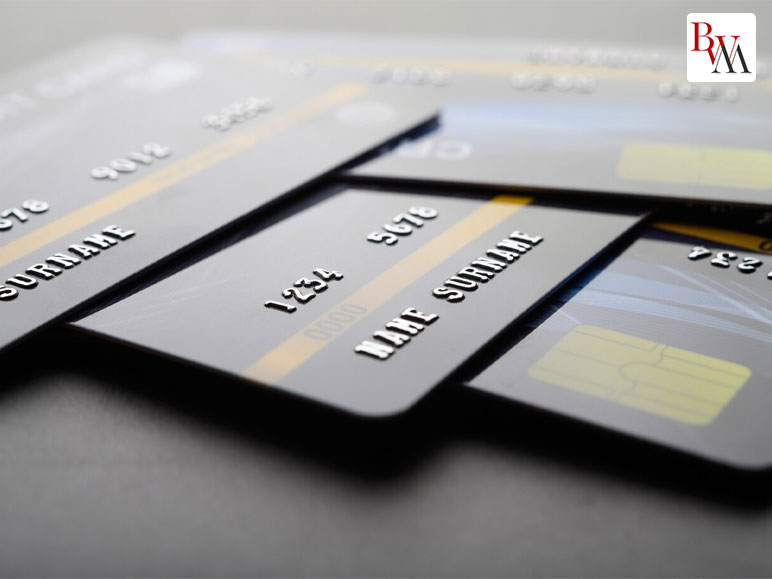
A prominent concern accompanying the trajectory of credit cards involves the accumulation of onerous high-interest debt. Individuals, ensnared in the intricate web of compound interest rates, find themselves enmeshed in prolonged financial strain. The immediacy of transactions often diverts attention from the impending interest obligations, fostering a cyclical entanglement that proves arduous to extricate from.
Limits to Financial Autonomy and Versatility
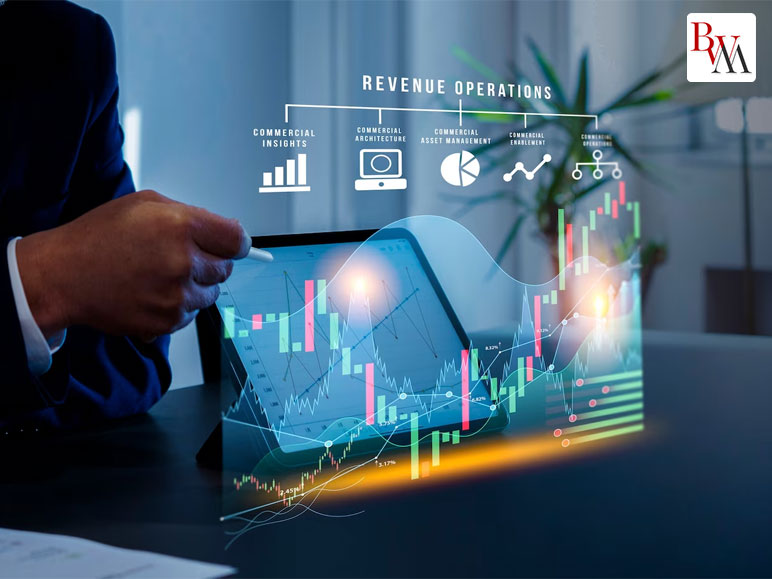
You know accumulation high-interest rate is the answer to which is not a positive reason for using a credit card to finance purchases?
While credit cards offer transitory financial latitude, the trajectory may, over time, curtail one’s fiscal autonomy. The persistent burden of debt can impede consequential financial deliberations, such as investment choices or substantial acquisitions.
The allure of deferring payment, intrinsic to credit card usage, contrasts with the immediacy of financial disbursement.
The Temptation of Profligate Expenditure
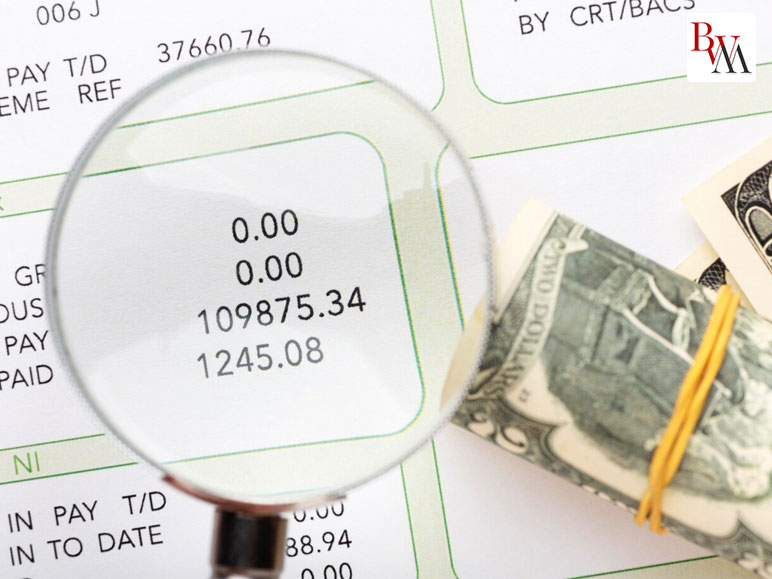
The allure to transgress fiscal prudence by indulging in excessive credit card expenditure precipitates financial instability and undermines budgetary acumen. The facile act of card-swiping engenders a perceptual disjunction between the tangible purchase and the monetary value, paving the way for prodigal spending and the erosion of financial discipline. Succumbing to such temptation jeopardizes personal savings and overall fiscal well-being.
The risk from Fraud and Identity Identity theft

In an era dominated by digital transactions, the utilization of credit cards renders individuals susceptible to fraud and identity theft. Thinking of which is not a positive reason for using a credit card to finance purchases?
Malicious activities thrive through unsecured online transactions and vulnerable payment systems, imperiling both financial and personal data. The resolution of fraudulent incidents proves to be temporally protracted and emotionally taxing, compounding the financial and psychological burden.
The Pull of Minimum Payments

One of the subtle traps that credit cards lay is the allure of minimum payments. While it may seem convenient to make only the minimum payment each month, this approach can lead to long-term financial strain. The interest accrued on the remaining balance can accumulate significantly, resulting in the borrower paying much more than the original purchase price over time.
Rising Interest Rates
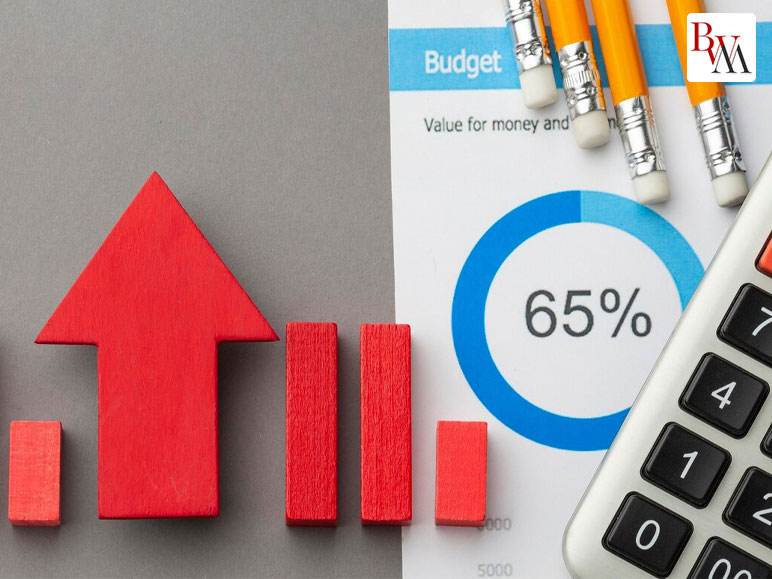
Credit cards are notorious for their elevated interest rates, particularly when juxtaposed with alternative financing avenues like personal loans or lines of credit. Failure to settle the credit card balance in full each month can swiftly propel interest charges into a spiral, eroding any potential benefits derived from the initial purchase.
One of the pitfalls of credit cards is their propensity to facilitate impulse spending. With the ease of swiping or tapping, individuals may find themselves succumbing to the temptation of making unplanned purchases. This can lead to the accumulation of debt, creating a financial burden that may be challenging to surmount.
Impact On Credit Rating

The utilization of credit cards to finance purchases can significantly impact an individual’s credit rating, particularly when there is a high level of credit usage. A substantial balance on the credit card relative to its limit can negatively influence the credit score, potentially restricting access to favorable interest rates on other types of loans, such as mortgages or auto loans.
Lack of Concrete Asset

Do you get the answer of which is not a positive reason for using a credit card to finance purchases? In contrast to certain categories of loans secured by tangible assets, credit card debt stands as unsecured. The absence of collateral linked to the debt implies the absence of a specific asset that creditors can reclaim in the face of financial challenges and an inability to repay. This lack of security often results in higher interest rates for credit card debt.
Financial Strain and Unease

Consistently maintaining a balance on a credit card and grappling with elevated interest rates can lead to financial strain and unease. The weight of debt can take a toll on mental well-being, impacting various aspects of life. Acknowledging the potential emotional impact that credit card debt can impose on individuals is crucial.
Summary

Guess you get the answer which is not a positive reason for using a credit card to finance purchases. While credit cards offer a variety of advantages, they also unveil less favorable aspects, including high interest rates, impulsive spending, and financial strain.
A nuanced comprehension of these aspects empowers individuals to make well-informed decisions regarding their financial well-being. Approaching credit card usage with prudence, aligning it with long-term financial objectives, and avoiding financial strain is imperative.
While credit cards provide swift and efficient purchasing capabilities, they concurrently harbor risks that can significantly affect financial stability and well-being. Informed and responsible financial decision-making stands as a cornerstone for a secure and sustainable financial future.
Additional:
- Mark Mateschitz – Net Worth, Lifestyles, Business
- Jacqueline Mars – Net Worth, Lifestyles, Business, Companies
- Gianluigi Aponte – Net Worth, Lifestyles, Business, Companies

